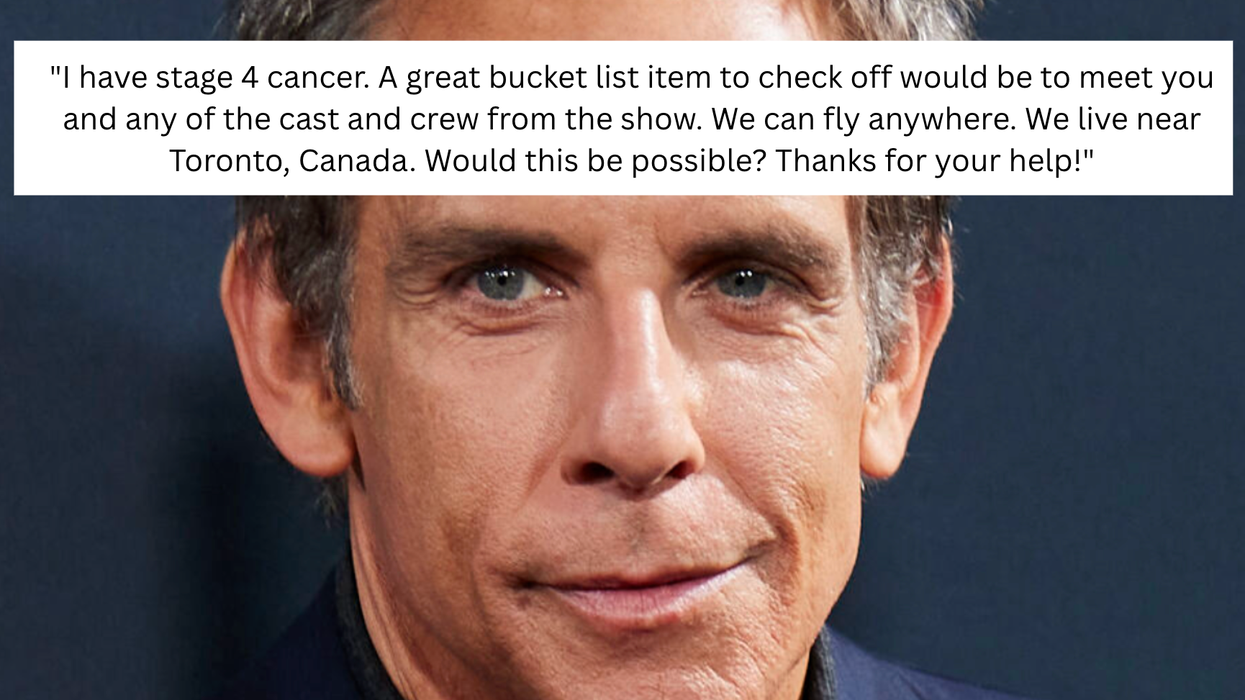Apple CEO Tim Cook posted a message to the company’s site this morning, publicly refusing an FBI order to unlock the phone of Syed Rizwan Farook, who took the lives of 14 people last December in a mass shooting in San Bernardino, California. The FBI has been unable to gain access to Farook’s iPhone without the passcode and asked Apple to create an iPhone operating system that would override the security features of the current one (there is, for example, a privacy option that wipes all data from the phone after 10 failed passcode attempts).
In his letter to customers, Cook said that a “backdoor” like that would be “too dangerous to create.”
“In the wrong hands, this software—which does not exist today—would have the potential to unlock any iPhone in someone’s physical possession,” he wrote on Wednesday. “Building a version of iOS that bypasses security in this way would undeniably create a backdoor. And while the government may argue that its use would be limited to this case, there is no way to guarantee such control.“
Apple is lodging this protest of the FBI’s order on the basis that it would be a violation of its customers’ privacy, and that it would set a dangerous precedent, allowing the government to use the same software in any number of cases, not just Farook’s.
This isn’t the first time that Apple has gone head-to-head with the FBI. When it first introduced iOS 8 in 2014, Apple “threw away” the master key that would allow them to unlock any iPhone and implemented the “wipe” feature.
Apple isn’t necessarily opposed to sharing data with government intelligence agencies. They can pretty much hand over anything a customer has stored on their iCloud to the government, given a warrant. And, anyway, surveillance agencies still have access to your metadata through your cellphone carrier. FBI director James Comey threw a tantrum about the software update, saying it allowed people “to place themselves beyond the law.”
















 Otis knew before they did.
Otis knew before they did.